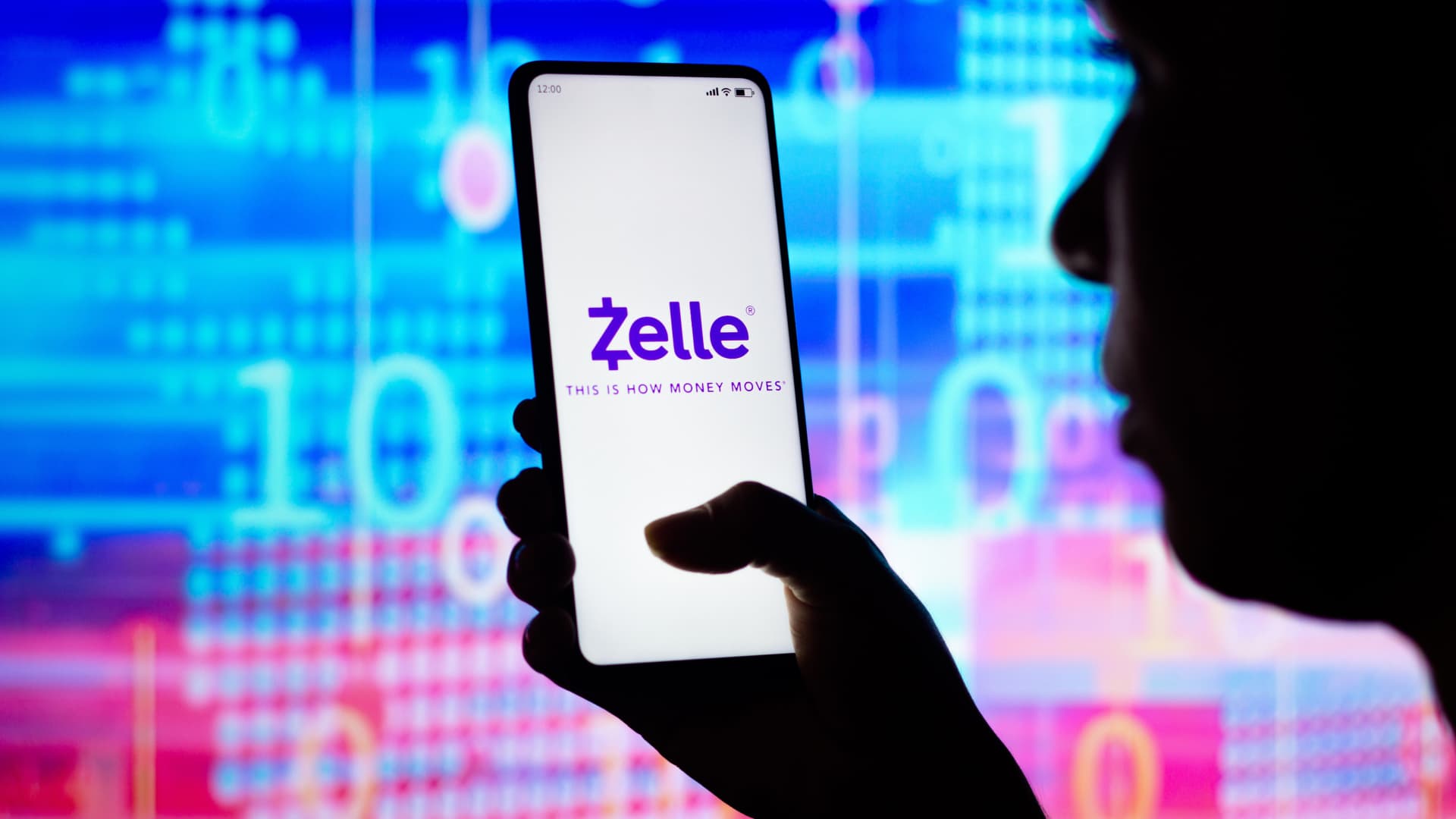Differences between Zelle and Venmo, PayPal, and CashApp

Over half of US smartphone users send money to friends, family and businesses through some form of peer-to-peer payment service.
Shares of payment services such as PayPal, which owns Venmo, and Block, which owns Cash App, surged in 2020 as more people started sending money digitally.
Launched in 2017, the Zelle stands out in a few ways. It is owned and operated by Early Warning Services, LLC, which is jointly owned by seven major banks, and is not publicly traded. The platform not only creates an independent revenue stream, but also serves banks.
Bain & Co partner Mike Cashman said, “Zelle isn’t really a revenue generating company on its own. It’s really just a little lodging place and you should think of it as an engagement tool. ‘ said. It’s not like a revenue-generating machine. ”
“If you already do business with a bank and trust them, the fact that they offer Zelle as a means of payment is appealing,” said Terry Bradford, a payments specialist at the Kansas City Federal Reserve Bank. It’s a target,” he said. .
One limitation of PayPal, Venmo, and Cash App is that users must all use the same service. Zelle, on the other hand, appeals to users because he can pay anyone who has a bank account with any of the seven participating companies.
“It’s easy for banks to try to compete in that space,” said Jaime Toplin, senior analyst at Insider Intelligence. No one wants to give up an opportunity to a third-party competitor from the field in which they actually operate.”
look video See above to learn more about why banks created Zelle and where the service is headed.
https://www.cnbc.com/2023/02/04/how-zelle-is-different-from-venmo-paypal-and-cashapp.html Differences between Zelle and Venmo, PayPal, and CashApp



